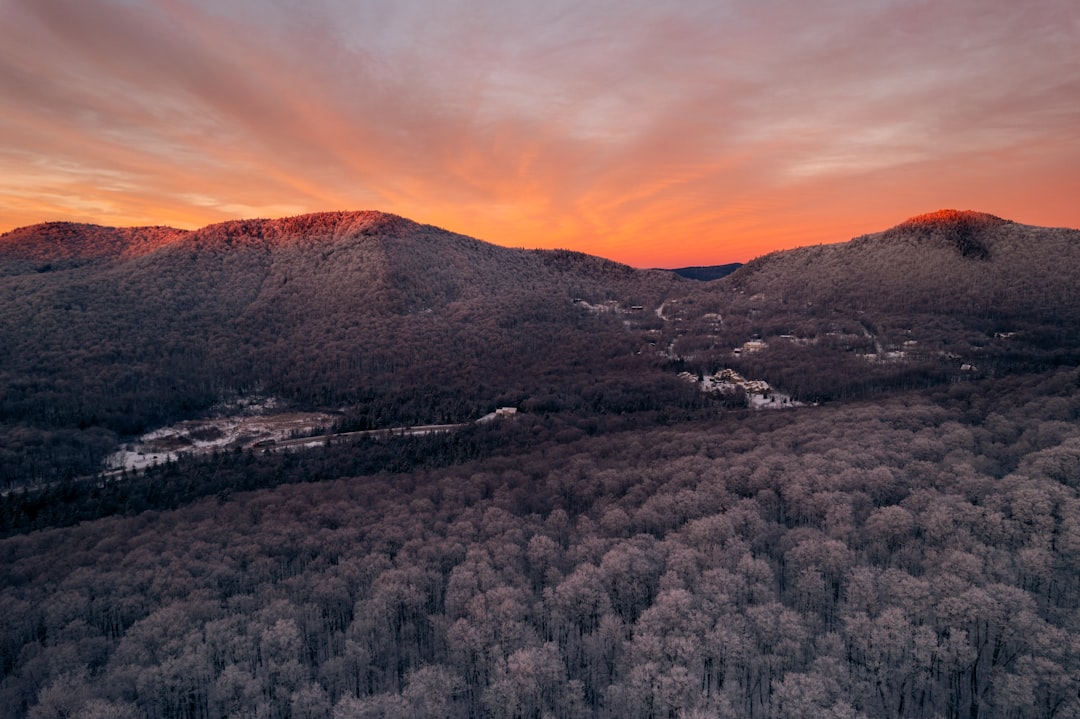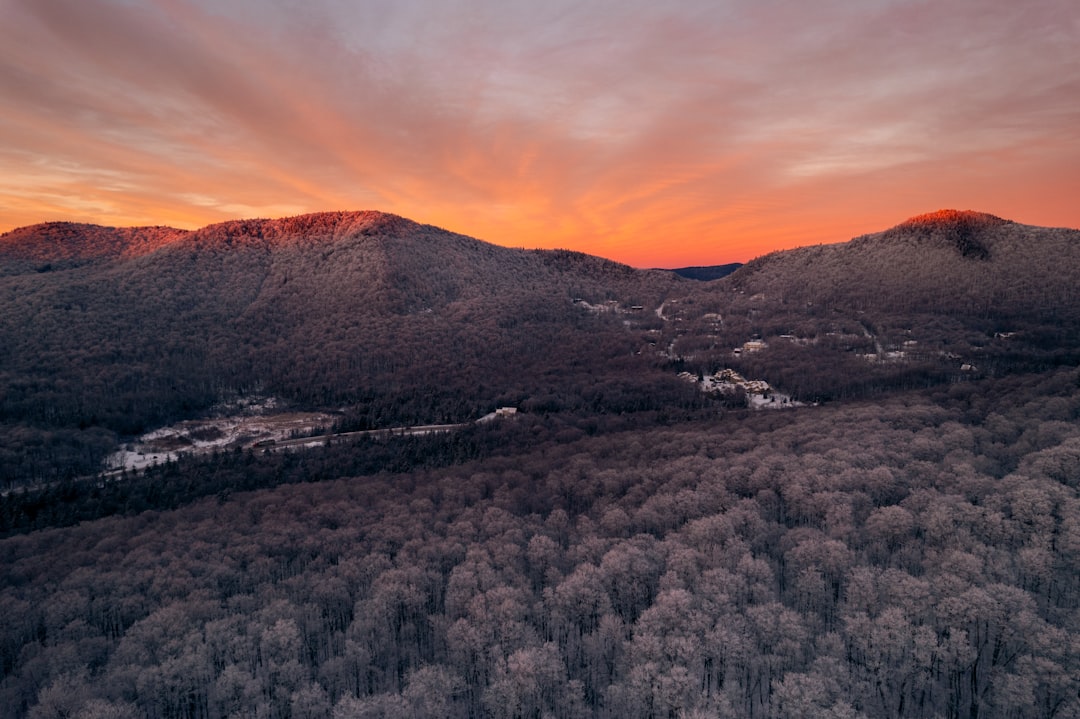Vermont's "Do Not Call" laws protect residents from unwanted telemarketing by enabling opt-out options. Do Not Call Lawyers in Vermont specialize in these regulations, assisting with registration and compliance. Exemptions exist for charitable organizations, political campaigns, financial institutions, and others, balancing consumer privacy with essential business practices. Consulting a qualified lawyer is crucial for navigating violations, filing complaints, and protecting rights under Vermont's spam call laws.
Vermont’s Do Not Call laws are designed to protect residents from unwanted telemarketing calls. However, certain exemptions exist that can complicate these rights. This article provides a comprehensive overview of the Do Not Call laws in Vermont, exploring what exemptions are and how they affect your rights. Learn about common exemption categories, understand your legal options if your rights are violated, and discover tips for effective communication with a Do Not Call lawyer in Vermont. If you need a Do Not Call Lawyer Vermont or Do Not Call Attorney Vermont, this guide will equip you to make informed decisions.
Understanding Vermont's Do Not Call Laws: A Comprehensive Overview

Vermont’s “Do Not Call” laws are designed to protect residents from unwanted telemarketing calls and sales pitches. These regulations offer individuals the right to opt-out of receiving such calls, providing a much-needed respite from persistent spam. The laws are part of a broader effort to maintain a peaceful and respectful environment for Vermonters, ensuring their privacy and autonomy.
Understanding these laws is crucial, especially for those who want to exercise their rights or seek legal advice. A Do Not Call lawyer in Vermont can guide residents through the process of registering their numbers and ensuring compliance. These attorneys specialize in spam call laws, helping individuals navigate their rights and freedoms under this legislation. By knowing their options, Vermonters can take control and protect themselves from intrusive marketing practices.
What Are Exemptions and How Do They Impact Your Rights?

Exemptions are specific conditions or circumstances that allow individuals or organizations to bypass certain rules and regulations, including do-not-call laws. In the context of Vermont’s Do Not Call Laws, exemptions provide exceptions to the general prohibition on telemarketing calls. These exemptions are designed to balance the rights of consumers to avoid unwanted calls with legitimate business practices. For instance, charitable organizations, political campaigns, and certain financial institutions may be exempt from complying with the strict do-not-call rules, enabling them to reach their target audiences without fear of legal repercussions.
When it comes to your rights, exemptions can either enhance or limit your protection under Vermont’s Do Not Call Laws. If you’re a consumer who has registered on the state’s do-not-call list, certain exemptions allow specific types of calls from qualified entities. This means that while unsolicited sales calls are restricted, essential services like health updates, survey research, or official government communications can still reach you. Understanding these exemptions is crucial for both consumers and businesses to ensure compliance and protect their rights under Vermont’s spam call laws, with the help of a Do Not Call Lawyer or Attorney in Vermont.
Common Exemption Categories in Vermont's Do Not Call Act

Vermont’s Do Not Call laws, while protective of residents’ privacy, include several common exemption categories that are important to understand when navigating unwanted calls. These exemptions allow specific types of organizations and callers to reach individuals on their lists under certain circumstances. One notable category is for non-profit organizations, including charitable groups and religious organizations, which can call residents with pre-approved messages without seeking explicit consent first.
Another significant exemption is granted to businesses attempting to collect a debt, provided they comply with the Fair Debt Collection Practices Act (FDCPA). This allows debt collectors and law firms representing creditors to contact individuals on their Do Not Call lists for debt-related matters. Moreover, certain political organizations and candidates can also make calls without being considered violations of these laws, ensuring free political speech and engagement. These exemptions highlight the nuanced nature of Vermont’s Do Not Call regulations, balancing privacy rights with other crucial interests.
Navigating Legal Action Against Violations: Finding a Do Not Call Lawyer in Vermont

Navigating legal action against violations of Vermont’s Do Not Call laws can be a complex process, especially when dealing with persistent spam calls. If you’ve been affected by unwanted phone solicitations despite being registered on the “Do Not Call” list, finding a specialized lawyer is a crucial step. A Do Not Call Lawyer in Vermont or an experienced Do Not Call Attorney Vermont can provide invaluable guidance and representation.
These legal professionals are well-versed in the state’s spam call regulations and can help you understand your rights and available options. Whether it’s filing a complaint with the Vermont Attorney General’s office or pursuing litigation against the offending companies, having a dedicated Do Not Call law firm Vermont by your side ensures your case is handled effectively. Their expertise includes investigating violations, negotiating settlements, and representing clients in court if necessary, ultimately aiming to protect your rights under Vermont’s Do Not Call Laws.
Protecting Your Rights: Tips for Effective Do Not Call Law Firm Communication

When navigating Vermont’s Do Not Call laws, it’s essential to understand how exemptions work to protect your rights. While these laws are designed to curb unwanted phone calls, certain categories of callers are exempt from compliance. For instance, charitable organizations, political campaigns, and companies with which you’ve done business within the last 12 months can still contact you. As a consumer, it’s crucial to be aware of these exemptions to avoid inadvertently granting permission for spam calls.
To ensure effective communication with Do Not Call lawyers or law firms in Vermont, consider the following tips: first, review your call history to identify and document any exempt callers. Second, register your number on the state’s Do Not Call registry if you haven’t already. Third, communicate your preferences clearly; a simple “stop calling” message may not be enough for some law firms. Lastly, keep records of all interactions with these firms to have recourse if they violate your rights under the Do Not Call laws. Engaging with reputable and compliant law firms can help protect your privacy and prevent unwanted interruptions.






